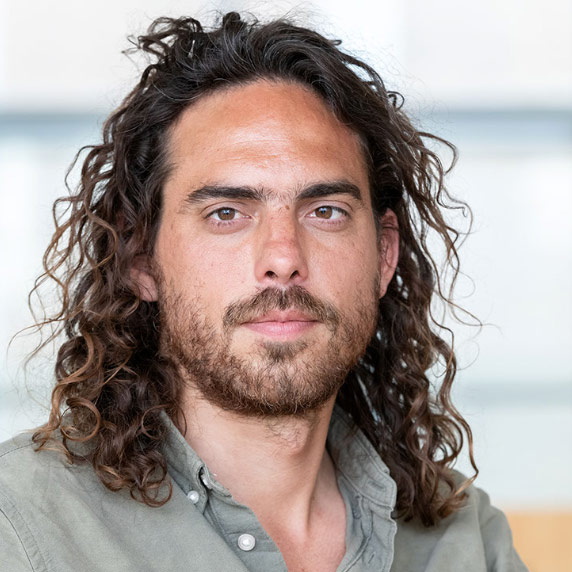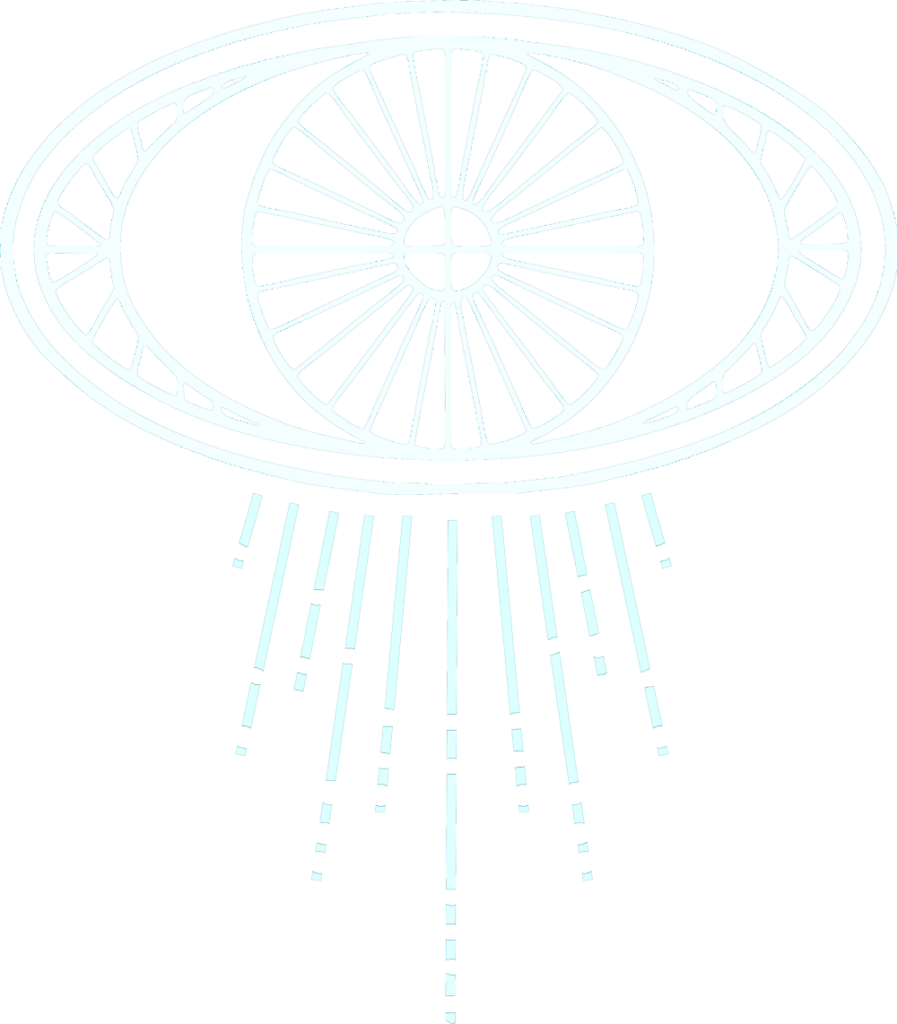TI is honoured to be associated with a diverse range of scientists, researchers and visionaries working at the vanguard of consciousness research and representing a truly pluralistic approach to the subject.
We will continue to work closely with this illustrious group to keep building momentum on our quest for new discoveries.
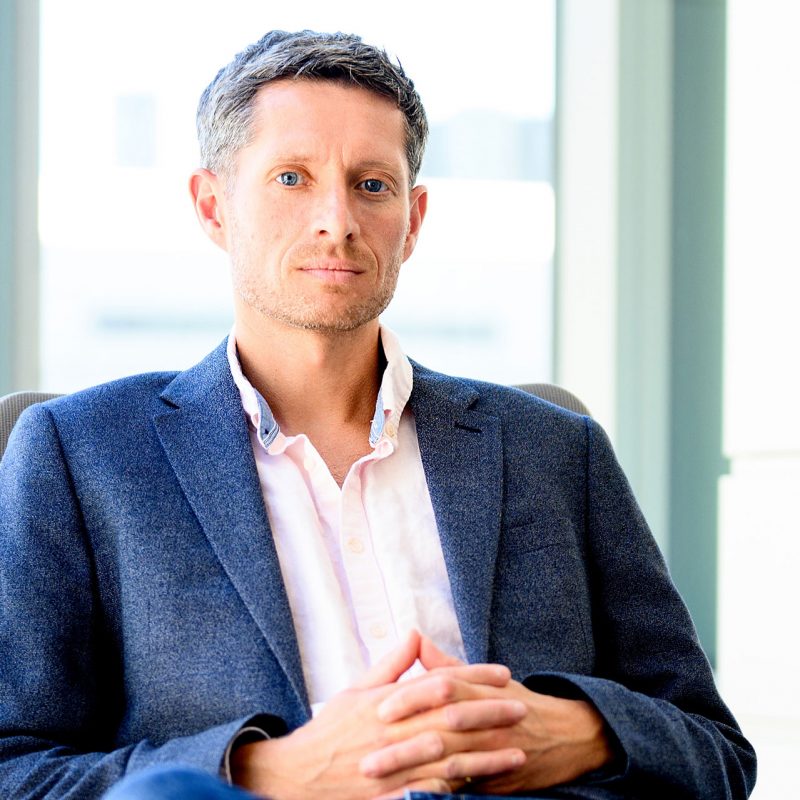
Robin became the Ralph Metzner Distinguished Professorship in Neurology and Psychiatry at University of California, San Francisco in 2021 and founded the Carhart-Harris Lab in 2023/24.
He moved to Imperial College London in 2008 after obtaining a PhD in Psychopharmacology from the University of Bristol. Robin and his colleagues have completed multimodal human functional neuroimaging studies with LSD, psilocybin, MDMA and DMT, and clinical trials of psilocybin therapy for various disorders, including three trials in depression, – plus trials in anorexia and fibromyalgia syndrome.
Robin has published in The New England Journal of Medicine, Nature, Nature Medicine, Nature Neuroscience, and more. He founded the Centre for Psychedelic Research at Imperial College London in April 2019, the first psychedelic research centre in the world. Robin spoke at the World Economic Forum in 2019, was named among the top 31 medical scientists by The Times newspaper in 2020, was listed in TIME magazine’s ‘100 Next’ in 2021, was voted psychedelic researcher of the year in 2021, and was listed in Vox Magazine’s ‘Future 50’ in 2023 – a list of positive change makers. Robin signed a book deal with Ebury Publishing and Scribner Books in 2023. His current research at UCSF focuses on the mechanism of action of psilocybin and psilocybin-therapy.
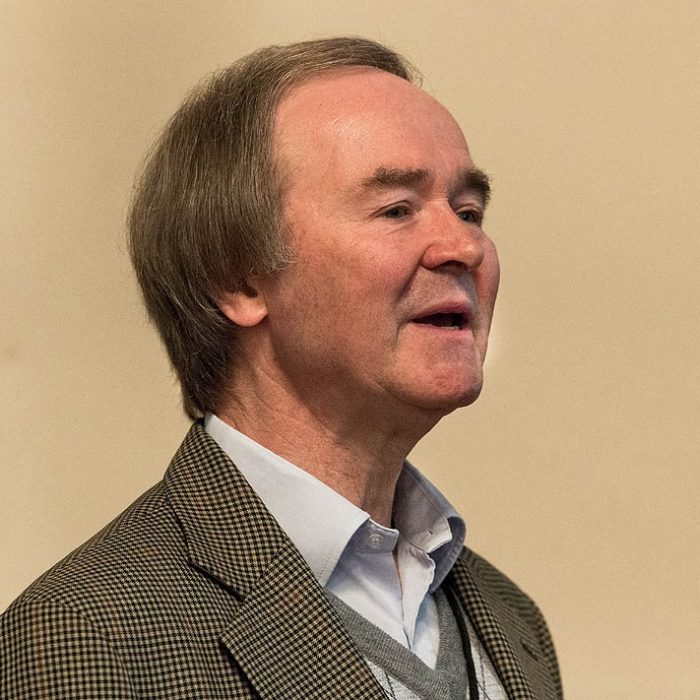
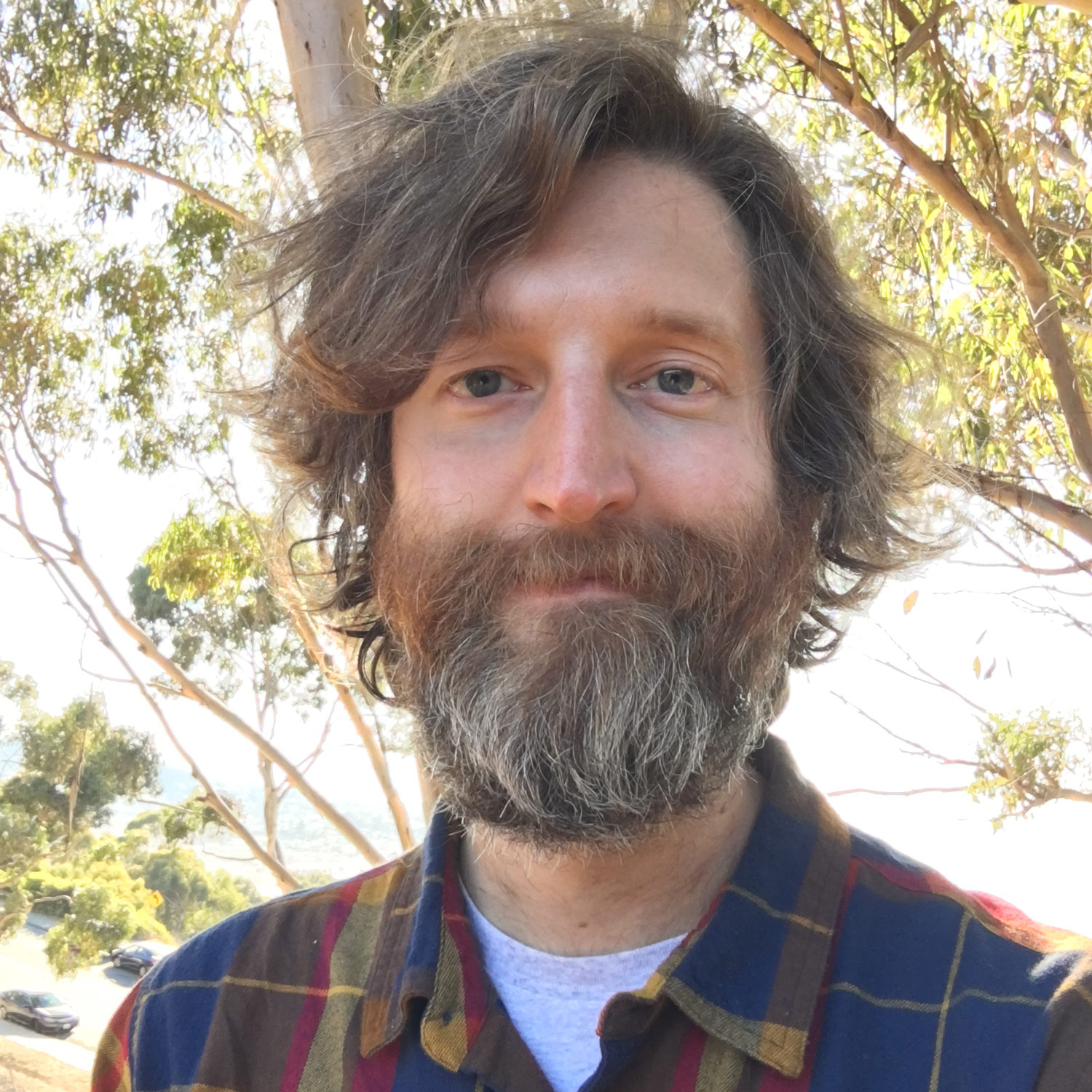
Jon Dean, PhD, is a Co-Founder of the University of California, San Diego’s (UCSD) Center for Psychedelic Research (CPR), and Director of its DMT Division. Jon obtained his undergraduate degree in Chemistry in his hometown of Youngstown, Ohio, and his doctorate in Molecular and Integrative Physiology from the University of Michigan. During his doctoral studies, Jon discovered that N,N-dimethyltryptamine (DMT) occurs in the living mammalian (rodent) brain at concentrations comparable to the neurotransmitter serotonin. His preclinical doctoral thesis also demonstrated that the prefrontal cortex plays a pivotal role in regulating consciousness via the neurotransmitter acetylcholine, and that level of consciousness can be dissociated from electroencephalographic measures of cortical functional connectivity and cortical dynamics.
Jon and his CPR colleagues recently completed the first ever functional magnetic resonance imaging clinical trial on psilocybin for chronic pain, in individuals experiencing phantom limb pain, at UCSD. Jon’s postdoctoral studies at UCSD have also helped elucidate the brain and psychological mechanisms supporting mindfulness meditation for relief of cancer and chronic low back pain, as well as the role of endogenous opioids in mindfulness-induced analgesia. Jon and the CPR are currently spearheading neuroimaging studies on extended state DMT, with an emphasis on better appreciating its clinical applications, the nature of reality, and the role of endogenous DMT in the human body.
Jon has been recognized as a Sanford Fellow by the UCSD T. Denny Sanford Institute for Empathy and Compassion for his work on psychedelics for cultivation of compassion. His studies investigating the brain mechanisms of mindfulness meditation for pain and stress relief are funded by the National Center for Complementary and Integrative Health. Jon’s DMT research has been featured in the “DMT Quest” documentary as well as discussed on multiple podcasts, e.g., The Aubrey Marcus Podcast.
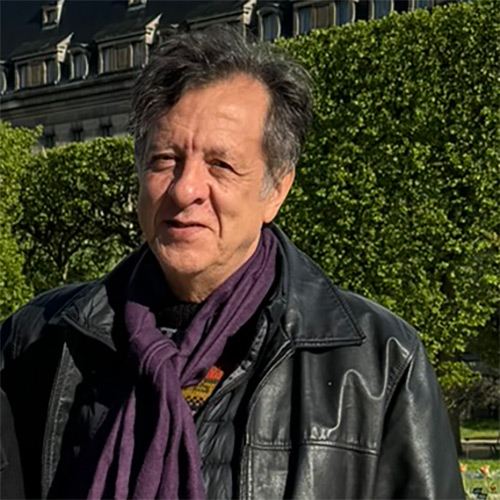
Luis Eduardo Luna was born in Florencia, Colombia, in 1947. He has a B.A. from Universidad Complutense de Madrid (1972), an interdisciplinary Master from Oslo University (1980), and a Ph.D. from the Department of Comparative Religion Stockholm University (1989). He received a Fellowship of the John Simon Guggenheim Memorial Foundation, appointed for a study of the ethnobotany and ethnomedicine of the Colombian and Peruvian Amazon (1986), and the title Doctor of Humane Letters, Honoris Causa, from St. Lawrence, Canton, New York (2002). He was an associate of the Botanical Museum of Harvard University (1987) and was elected Fellow of the Linnaean Society of London (1989). He was an Assistant Professor in Anthropology (1994-1998) at the Department of Anthropology of Santa Catarina Federal University (UFSC) in Florianópolis, Brazil. He retired in 2011 from the Department of Modern Language and Communication at the Hanken School of Economics, Helsinki. Besides publications in various journals, Dr. Luna is the author of Vegetalismo: Shamanism among the Mestizo Population of the Peruvian Amazon (1986), a co-author with Pablo Amaringo of Ayahuasca Visions: The Religious Iconography of a Peruvian Shaman (1991), and co-author with Slawek Wojtowicz, Rick Strassman and Ede Frecska of Inner Paths to Outer Space: Journeys Through Psychedelics and Other Spiritual Technologies (2008). He is also a co-editor with Steven White of Ayahuasca Reader: Encounters with the Amazon’s Sacred Vine (2000, enlarged second edition 2016). Dr. Luna has lectured worldwide on indigenous and mestizo shamanism and has been a curator of visionary art exhibits in Europe, Latin America, the United States, and Japan. He is the Director of Wasiwaska, Research Center for the Study of Psychointegrator Plants, Visionary Art and Consciousness, Florianópolis, Brazil (www.wasiwaska.org). From June 2022 he is also an Honorary Research Fellow of University of Exeter, England.
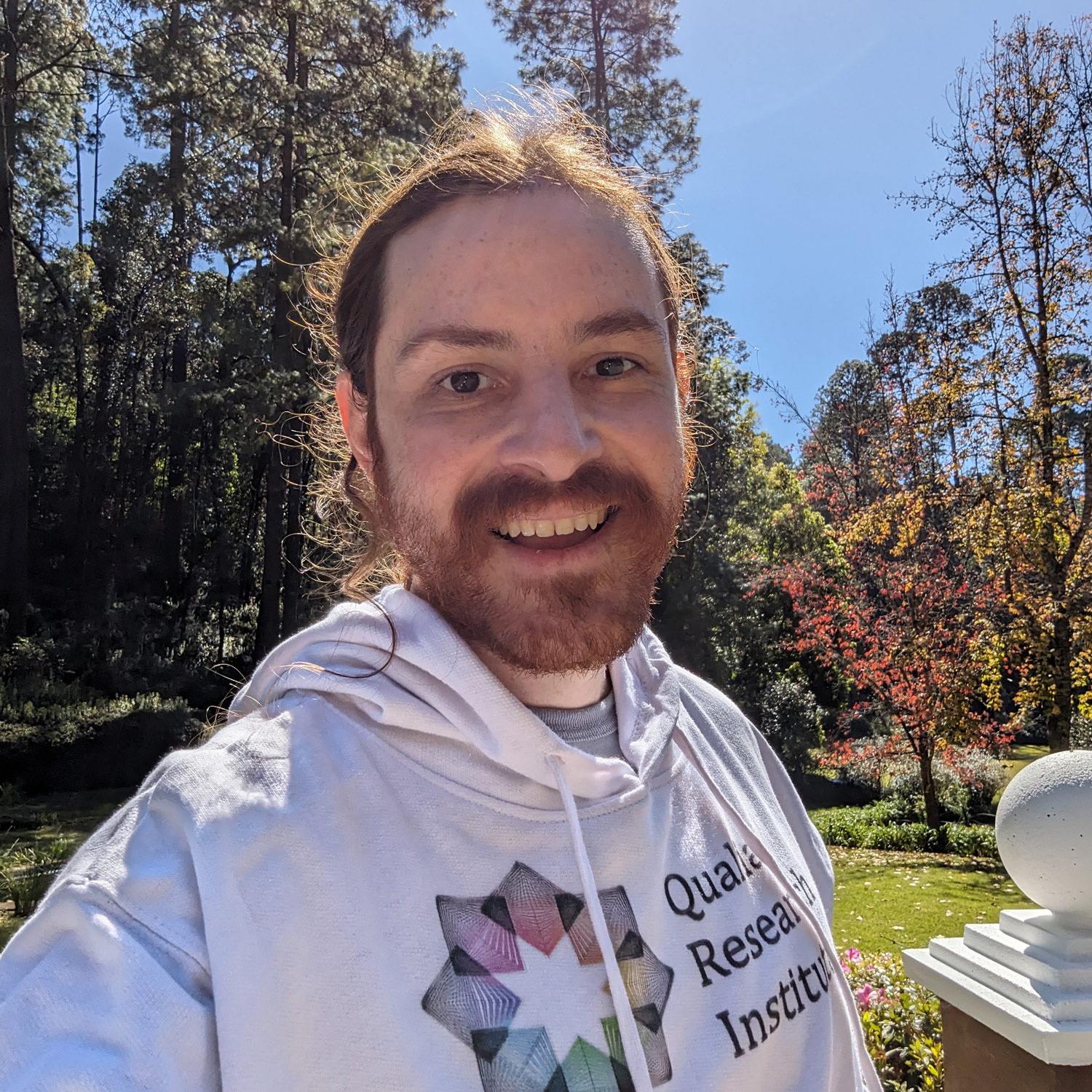
Andrés is the President and Director of Research at the Qualia Research Institute (QRI), where he leads a multidisciplinary team exploring the nature of consciousness. His work spans a wide range of fields, including philosophy of mind, psychology, neuroscience, and signal processing. Through his blog, Qualia Computing, since 2014 Andrés has introduced novel paradigms to explain the phenomenology of altered states of consciousness, personal identity, and the structural basis of valence.
One of his notable contributions is the development of algorithmic reductions of psychedelic states of consciousness, which has led to innovative interpretative frameworks for understanding the phenomenology of DMT experiences in terms of non-Euclidean geometry, as described in his work “The Hyperbolic Geometry of DMT Experiences.” Andrés has also outlined potential paths for creating high-quality think tanks and research paradigms aimed at reverse-engineering the computational properties of consciousness.
Currently, Andrés is actively developing psychophysics tools to rigorously measure the phenomenology of exotic states of consciousness, such as those induced by psychedelics and Jhana meditation. Additionally, he is working on alleviating extreme suffering using pragmatic technologies. He also studies extremely high valence states of consciousness and is developing neurotechnology to induce these states safely and sustainably.
At QRI, Andrés is dedicated to developing a comprehensive philosophical and scientific framework to catalog, describe, and ultimately utilize uncharted configurations of the mind for computational purposes in an ethical manner.
His educational background includes a Symbolic Systems undergraduate degree and a Psychology masters, both from Stanford University. Professionally, he has worked as a data scientist and statistician in various fields, including Natural Language Processing, Affective Psychology, and Graph Theory. In his free time, Andrés enjoys creating novel perfumes that reveal unusual and surprising features of the state-space of olfaction.
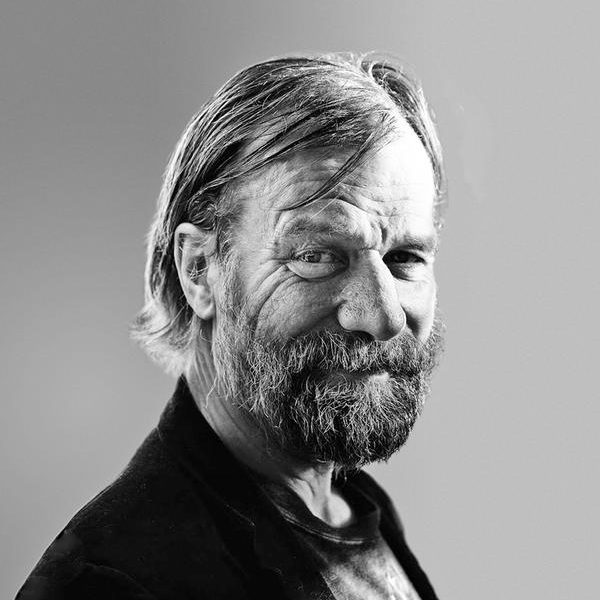
Wim Hof also known as The Iceman is the founder of the Wim Hof Method, a protocol utilizing respiration techniques, meditation, and cold immersion to develop mental and physical resilience. Wim has held multiple world records for feats of endurance such as swimming under ice, prolonged full-body contact in cold immersion, & running a half marathon barefoot in the snow. In 2011, Wim ran a full 26 mile marathon in the Namibian desert without drinking any water or fluids. In 2014, the Proceedings of the National Academy of Sciences published a study on the Wim Hof Method showing that a combination of breathing techniques, cold immersion, and focused attention empowered subjects to consciously influence their autonomic nervous systems and immune systems. The volunteers were injected with e. Coli and displayed a significant level of resilience to the endotoxin compared to the group that had not undergone 10 days of Wim Hof Method training. Since then multiple studies have taken place outlining various unique physiological mechanisms associated with the method.
Wim believes that the full human potential is only now emerging at the forefront of societal display and that much more lies ahead for the future of humanity. He has significant interest in future research ranging from mapping altered states of consciousness to utilizing his method to combat neurodegenerative conditions, autoimmune disease, and much more. There is significant public discourse regarding the potential upregulation of endogenous DMT from the Wim Hof Method but future research needs to take place to validate these speculations. Wim has reached millions of people with appearances on video programming such as the BBC, Gwyneth Paltrow’s Goop Lab, Vice, Yes Theory, and DMT Quest.
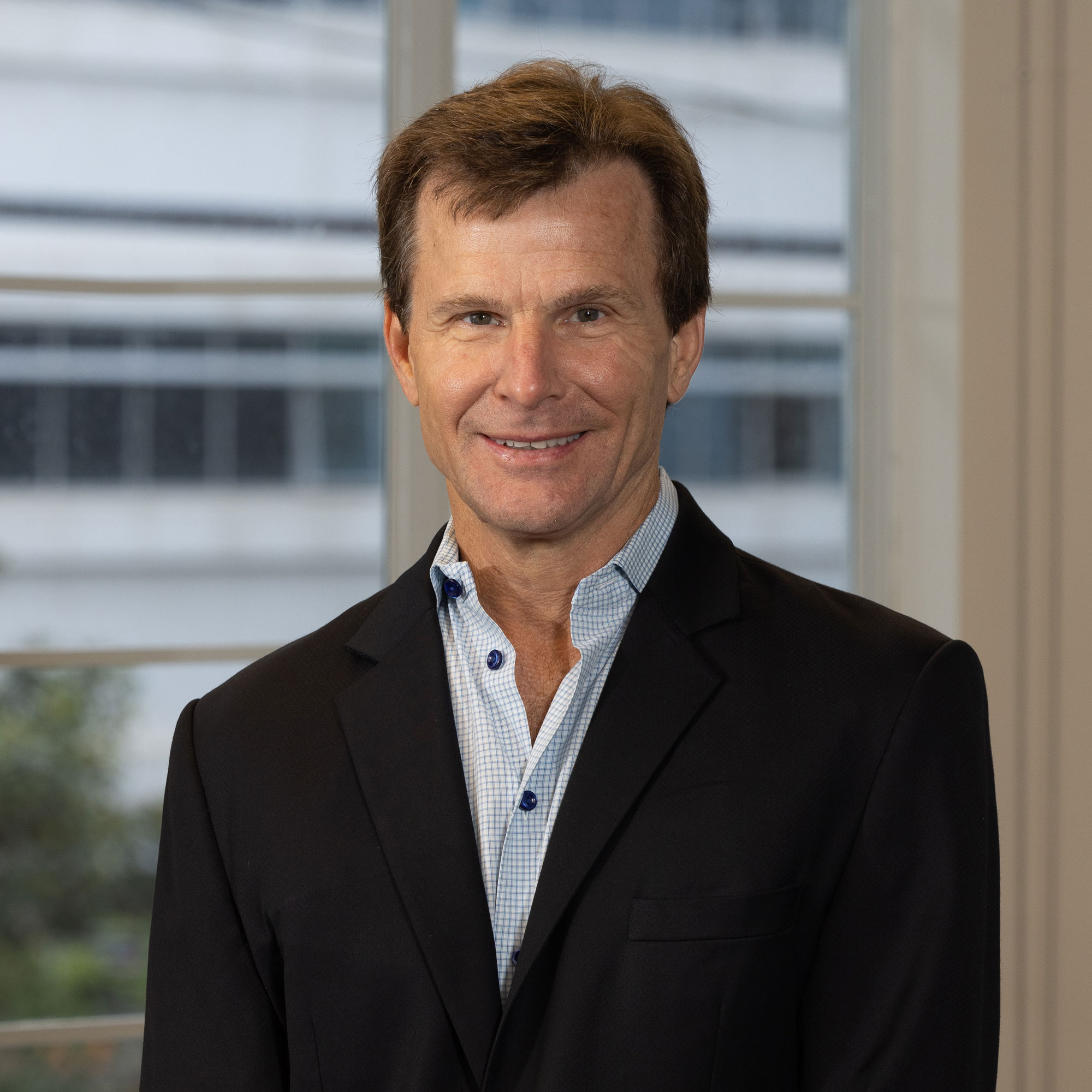
Dr. Daniel Kelly is Director and one of four Founders of Pacific Neuroscience Institute (PNI), a
multispecialty group of over 40 physicians and clinician scientists working across 10 Centers of Excellence. He directs the Pacific Brain Tumor and Pituitary Disorders Centers at Providence Saint John’s
Health Center in Santa Monica, CA, is Professor of Neurosurgery at Saint John’s Cancer Institute and has served as President and CEO of PNI Foundation and as Chairman of the PNI Medical Group since their inception in 2015.
Dr. Kelly is considered a world leader in advancing minimally invasive neurosurgery for all types of brain tumors. In practice for over 30 years, he has one of the world’s largest surgical series of endonasal pituitary surgery and craniotomy for brain and skull base tumors. He has been awarded the Southern
California SuperDoctors distinction 16 years in a row and is a multiple recipient of the Patients’ Choice Award.
He has authored over 150 peer-reviewed publications and 40 book chapters, a majority of which focus on surgical outcomes and techniques, patient satisfaction, and complication avoidance for a wide range
of intracranial tumors. He has a long-standing commitment to continuing medical education in the clinical neurosciences, fellowship training and patient education, and frequently lectures at national and
international meetings.
Since 2018, he has increasingly focused his attention on advancing novel mental health care solutions and was the creative force behind the launch of Pacific Brain Health Center focused on cognitive decline
and memory loss, and the Pacific Treatment & Research in Psychedelics (TRIP) Center focused on the application of psychedelic-assisted therapy for mental health, addiction and related disorders. He is a co-
investigator on psychedelic-assisted therapy clinical trials at the TRIP Center. In 2021 he completed the CIIS Certificate in Psychedelic-Assisted Therapies and Research training program.
Dr. Kelly is a graduate of Claremont McKenna College (1982), Georgetown University School of Medicine (1986) and completed neurosurgical residency training at George Washington University Medical Center in 1993. He was Professor of Neurosurgery and Vice-Chief of Clinical Affairs for the UCLA Division of Neurosurgery until 2007 when he joined Saint John’s Health Center and the Saint John’s Cancer Institute.
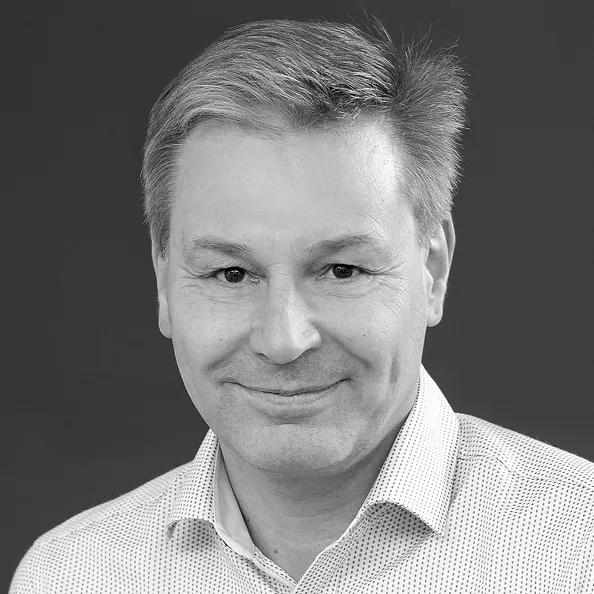
Joachim Keppler studied physics at the Friedrich-Alexander University of Erlangen and received his PhD for research in theoretical particle physics and quantum field theory. He then worked in industrial research and development and held leading positions in the fields of data science and artificial intelligence. In addition to his interest in the deep understanding of the physical world, Joachim has always been engaged in the question of how consciousness can be integrated into the worldview of physics. In 2012, he launched the research institute DIWISS which is funded by private foundations and concentrates on the scientific exploration of consciousness pursuing an interdisciplinary approach at the intersection of theoretical physics, cognitive neuroscience, and philosophy of mind. Joachim’s research focus lies on unveiling the universal mechanism underlying conscious processes and establishing a sound basis for a theory of consciousness. At the heart of the scientific approach lies a paradigm shift from a neural substrate of consciousness to a ubiquitous substrate of consciousness that can be accessed via a coupling mechanism. The current research projects deal with collective phenomena and self-organized criticality in the brain and aim at building a model of cortical dynamics that provides valuable clues to the details of the coupling principle.
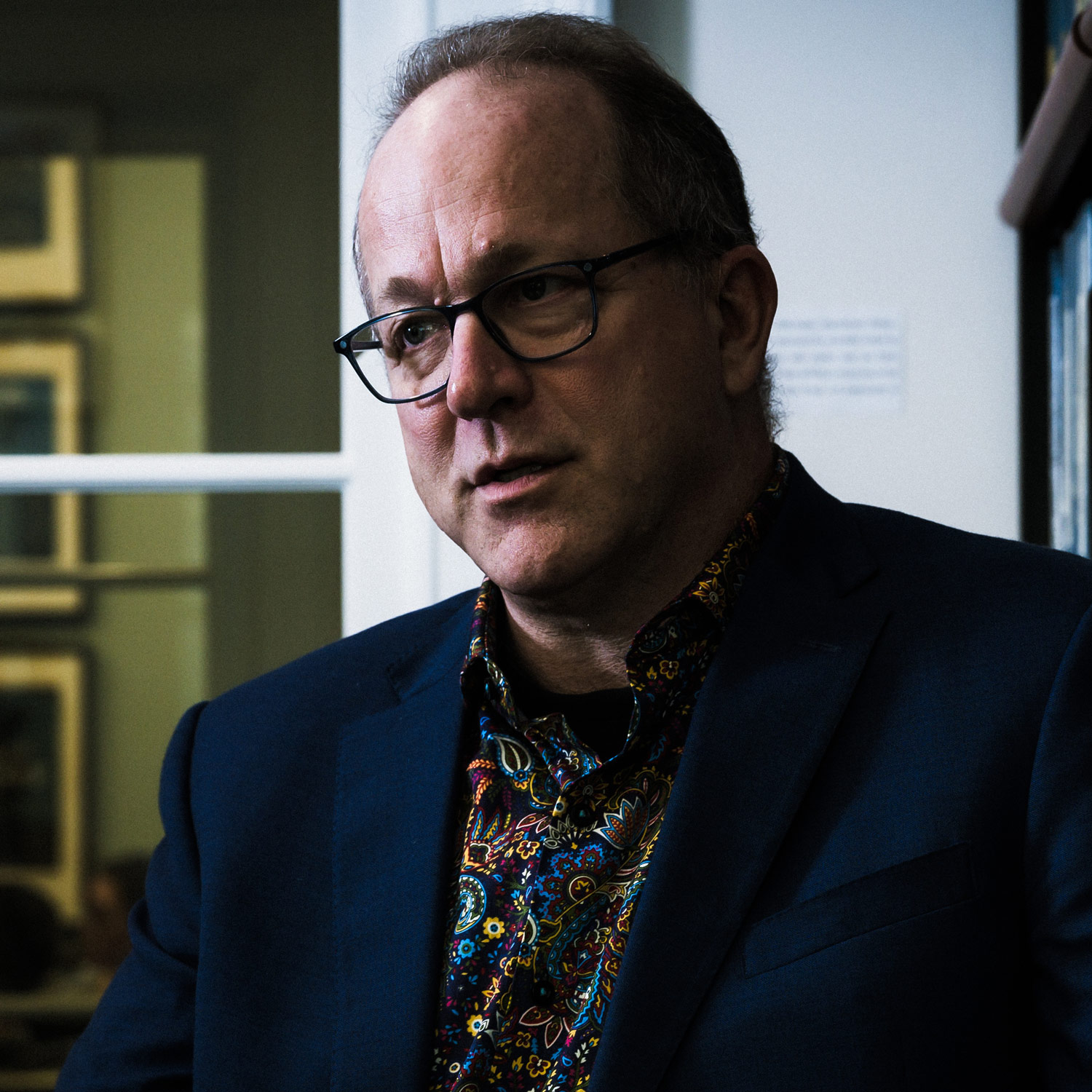
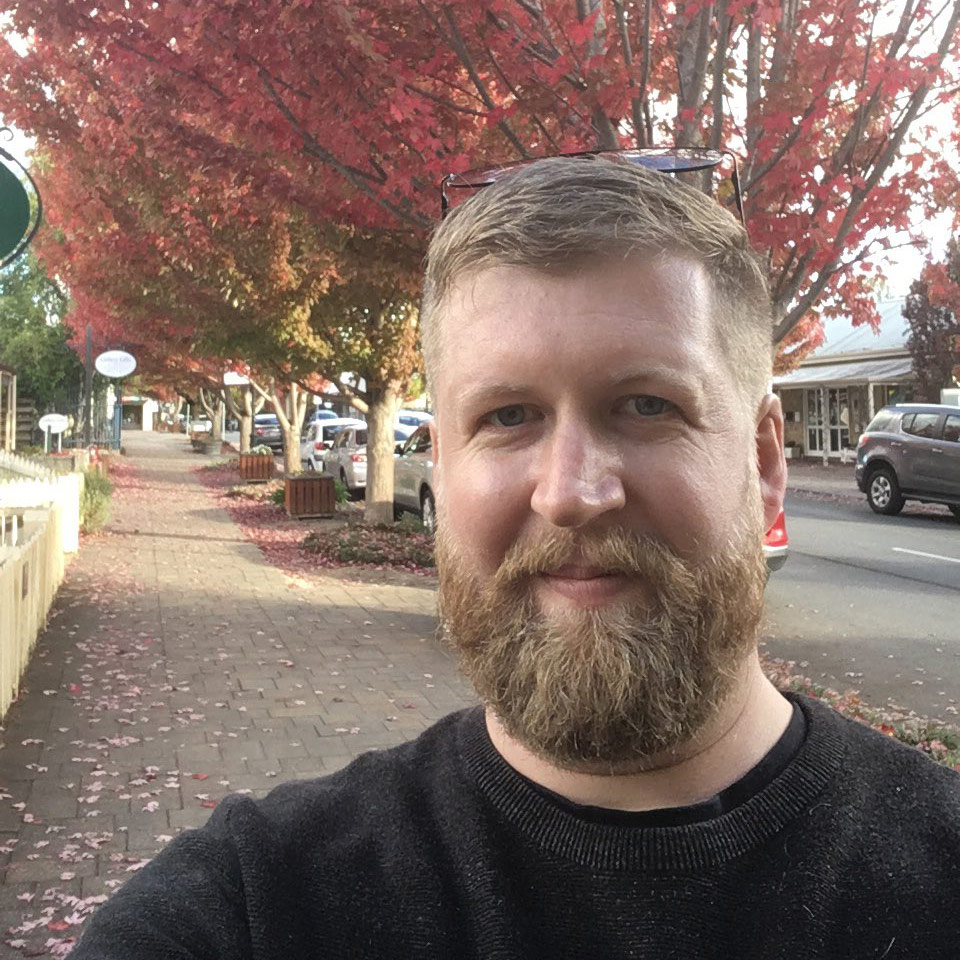
Dr Chris Letheby is a Senior Lecturer in Philosophy at The University of Western Australia (UWA). His areas of specialization are philosophy of mind, philosophy of cognitive science, and philosophy of neuroscience. His research interests include the causal mechanisms and epistemic status of transformative spiritual practices, the possibility of a “naturalistic spirituality”, and the nature of self-awareness. At UWA he teaches topics including intro to philosophy, formal logic, epistemology, philosophy of mind, philosophy of science, philosophy of artificial intelligence, and philosophy of psychology and psychiatry.
Letheby’s research to date has focused mainly on the use of classic psychedelic drugs in neuroscience and psychiatry. In several articles and a book, he has argued that a traditional conception of psychedelics as agents of insight and spirituality can be reconciled with naturalism, the philosophical position that the natural world is all there is. He takes a neurophilosophical approach, grounding his philosophical analyses in scientific findings, and he has engaged in several interdisciplinary collaborations with neuroscientists and psychologists.
Letheby’s monograph Philosophy of Psychedelics was published in 2021 by Oxford University Press, in the series International Perspectives in Philosophy and Psychiatry. An open-access symposium featuring multiple commentaries on the book was published in 2022 by the journal Philosophy and the Mind Sciences. The book has received two awards, both from The University of Adelaide (where Letheby worked as a postdoc while writing it): the Faculty of Arts Prize for Outstanding Research by an Early Career Researcher and the School of Humanities Early Career Prize for best publication in 2021. A Spanish translation was published in 2022 by Editorial Bauplan. Along with Professor Philip Gerrans (Adelaide), Letheby has edited a collection of essays, Philosophical Perspectives on Psychedelic Psychiatry, which is due out from OUP in August 2024.
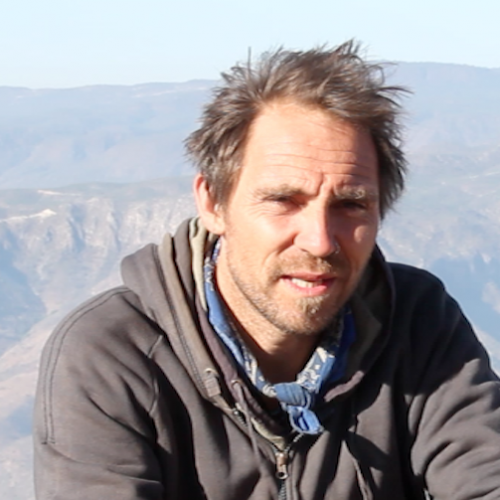
David Luke is Associate Professor of Psychology at the University of Greenwich, UK, where he has been teaching an undergraduate course on the Psychology of Exceptional Human Experience since 2009, and Lecturer on the MSc Consciousness, Spirituality and Transpersonal Psychology for Alef Trust and Liverpool John Moores University. He was also Honorary Senior Lecturer at the Centre for Psychedelic Research, Imperial College London where he has collaborated on various studies.
His research focuses on transpersonal experiences, anomalous phenomena and altered states of consciousness, especially via psychedelics, having published more than 100 academic papers in this area, including thirteen books, such as Otherworlds: Psychedelics and Exceptional Human Experience (2019). When he is not running clinical drug trials with LSD, conducting DMT field experiments or observing apparent weather control with Mexican shamans he directs the Ecology, Cosmos and Consciousness salon, and is a cofounder and trustee of Breaking Convention: International Conference on Psychedelic Consciousness.
He has given over 500 invited public lectures and conference presentations; won teaching, research and writing awards; organised numerous festivals, conferences, symposia, seminars, retreats, expeditions, pagan cabarets and pilgrimages; and has studied techniques of consciousness alteration from South America to India, from the perspective of scientists, shamans and Shivaites. He lives life on the edge, of Sussex.
Associate Professor of Psychology, University of Greenwich
Lecturer, Alef Trust
Co-founder & Trustee
Breaking Convention
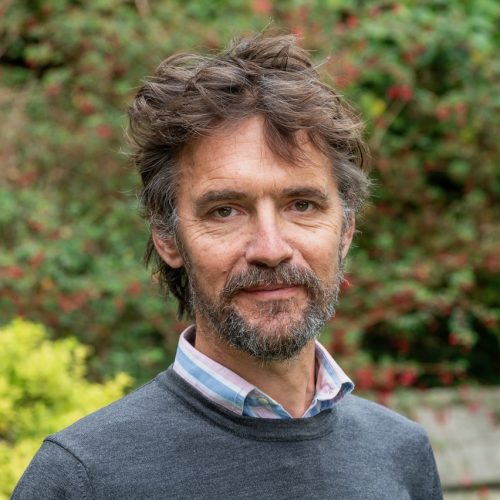
James Mallinson is Boden Professor of Sanskrit at the University of Oxford and a Professorial Fellow at Balliol College. Jim has spent many years living in India with traditional sadhus and yogis, and was honoured with the title of Mahant by the Rāmānandī Saṃpradāya at the 2013 Kumbh Mela at Allahabad. He was the Principal Investigator of the ERC-funded Hatha Yoga Project (SOAS, 2015–2021) and the AHRC- and DFG-funded Light on Hatha Project (SOAS, Oxford and Marburg 2021–2024), and has authored several books and articles on the history of yoga and its practitioners, including the Khecarīvidyā of Ādinātha (Routledge, 2007), Roots of Yoga (with Mark Singleton, Penguin Classics, 2017), the Amṛtasiddhi and Amṛtasiddhimūla (EFEO, 2021) and the Dattātreyayogaśāstra (EFEO, 2024), as well as several volumes of translations of Sanskrit poetry for the Clay Sanskrit Library series.
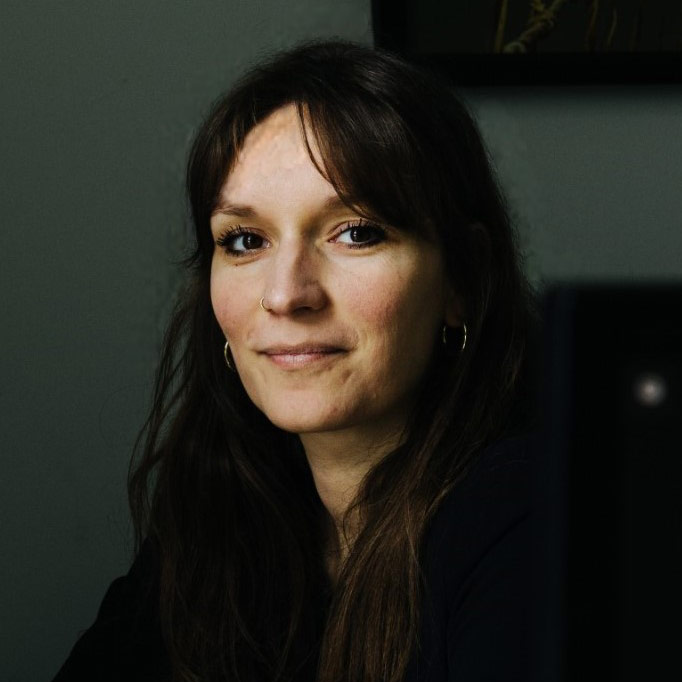
Charlotte Martial is a neuroscientist at the Coma Science Group (GIGA-Consciousness, University of Liège, Belgium), leading the projects on the phenomenon of near-death experience. More generally, Charlotte studies conditions in which people are outwardly unresponsive such as during general anesthesia or cardiac arrest, but ‘disconnected’ or ‘connected’ to the world, as testified by the detailed subjective reports upon awakening. In recent years, she has work more extensively on the comparison between (a)typical psychedelic experiences and near-death experiences, suggesting that the former may model the latter in laboratory settings. To broaden her exploration of human consciousness, she has delved into a comprehensive spectrum of physiological (e.g., hypnosis, cognitive trance), pathological (e.g., disorder of consciousness), and pharmacological (e.g., anesthesia) conditions, demonstrating that unresponsiveness cannot be considered as a surrogate of unconsciousness employing state-of-the-art multimodal functional neuroimaging techniques. Her research is embedded within a unique intellectual framework beyond the classical disciplinary perspectives in science and medicine.
She has published more than 75 papers in international peer-reviewed journals such as Trends in Cognitive Sciences, Critical Care, Sciences Advances and NeuroImage, and several book chapters. Her contributions have been recognized with awards such as the prestigious International Brain Injury Association (IBIA) Young Investigator Award. She has been invited in numerous international conferences as a (keynote) speaker and moderator, and has served on scientific organizing committees of several conferences such as at the New York Academy of Sciences. She has been Guest Associate Editor for special issues for peer-reviewed journals such as Journal of Cognitive Neuroscience and Current Opinion in Behavioral Sciences. Currently, she supervises several PhD students, with a long-term aim of advancing the understanding of near-death experience, while promoting education and public awareness about this captivating clinical and research field.

Dr. Pascal Michael received a BSc Hons (University of Aberdeen) in Neuroscience, where he helped show the neurotrophic capacity of the Omega-3 fatty-acid EPA, and an MSc (University College London) in Clinical Mental Health Sciences, exploring the post-acute effects on wellbeing of DMT. He completed his PhD in Psychology at the University of Greenwich in 2023 on a comparative analysis of the neurophenomenology of DMT (and analogous) experiences and the near-death experience (NDE), involving the first conceived field study of DMT use. He has been a lecturer there since, teaching and researching on his interests broadly encompassed by ‘exceptional human experiences’, entailing the aim to identify a unification between ostensibly disparate anomalous experiences. This would include, but is not limited to, resonances between the psychical research programme of ‘survival’ (near-death experiences, mediumship, reincarnation), parapsychological phenomena (e.g. precognition), and ufological investigation (including alien abduction experience) and other entity encounters.
While his lens is heavily non-reductively neuroscientific, and central angle of inquiry is how such experiences may be evinced by or intersect with psychedelic compounds, his methodological approaches are largely qualitative. Whereas such subject matter is firmly within the realms of high weirdness, it is simultaneously of the most intimate nature – complementing the far out with the fundamentally deeply within. These transpersonal phenomena still retain deep ramifications for interpersonality, where exposure to the other world has the capacity to re-model one’s interpretation of this world, through loosening otherwise encumbering prior beliefs about life toward its own inherent mystery. Though such experiences’ potential for addressing the meta-crisis is an open question, their (not mutually exclusive) implications for personal meaning crises are manifest.
Pascal has presented at the largest European conference on psychedelics, Breaking Conventions, and has been invited to give talks for private symposia like the Tyringham Initiative, which aimed to understand the entity encounter, and give keynotes such as for the Institute of Psychedelic Therapy. He has published multiple journal articles, including some of the most read articles in Frontiers in Psychology, and is the program lead of the ALEF Trust’s certificate in Psychedelics, Altered States and Transpersonal Psychology. He was also PA to the chair of the Parapsychological Association and was the 2020 recipient of the Schmeidler Outstanding Student award.
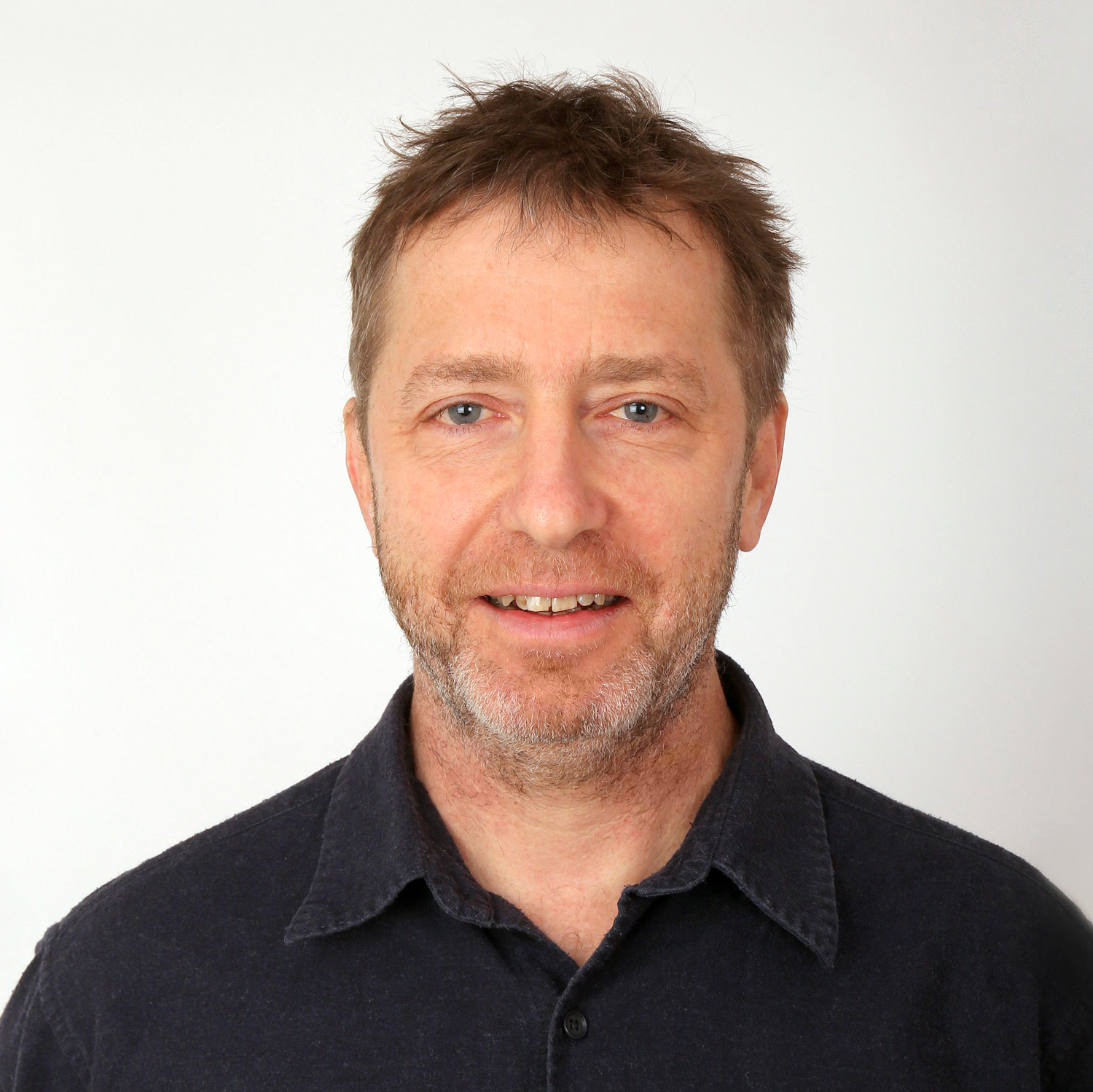
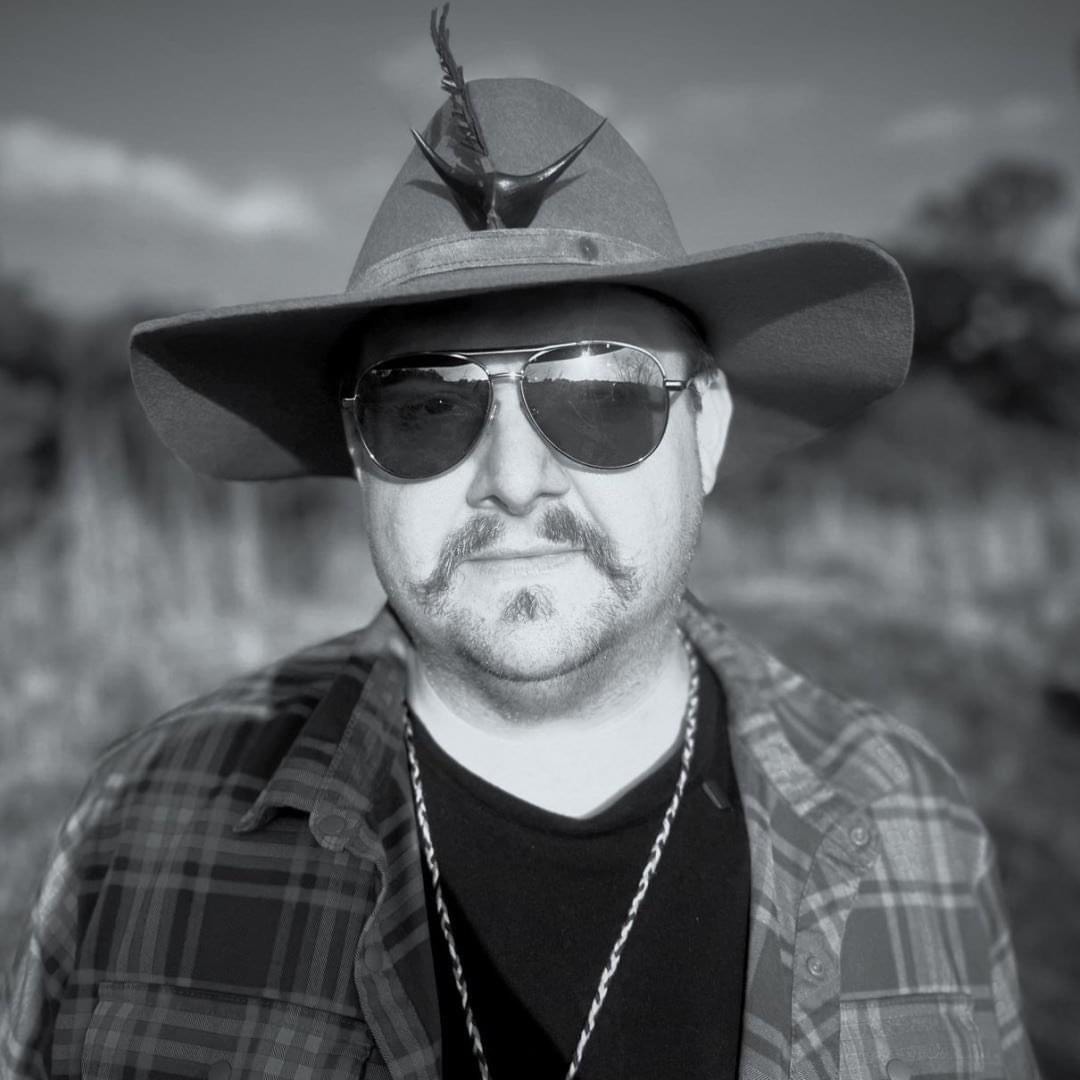
P.D. Newman is an internationally recognized author and lecturer who has been immersed in the study and practice of shamanism, alchemy, theurgy, and Hermetism for over two decades. He is the author of the well-received book, Theurgy: Theory and Practice: Mysteries of the Ascent to the Divine, and the forthcoming title, Tripping the Trail of Ghosts: Psychedelics and the Afterlife Journey in Native American Mound Cultures. Newman lives in north Mississippi with his wife, Rebecca, and his youngest son, Bacchus.
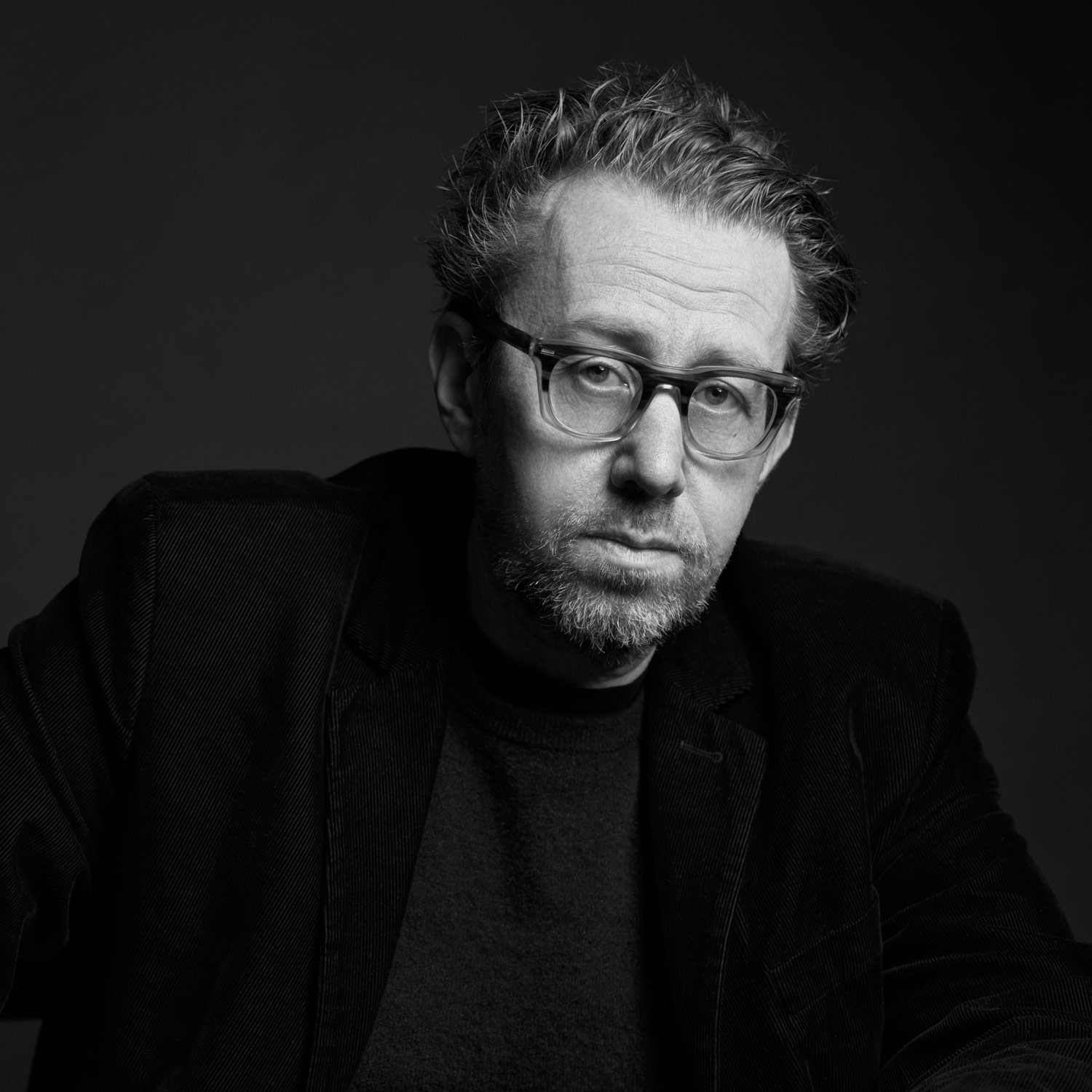
Daniel Pinchbeck is the author of Breaking Open the Head, Quetzalcoatl Returns, and When Plants Dream (with Sophia Rokhlin). In his 2017 book, How Soon Is Now, he explored the systemic changes needed to avert ecological collapse and extinction. His work was featured in the 2010 documentary, 2012: Time for Change, which promoted the value of indigenous knowledge systems. He has written for The New York Times Magazine, Rolling Stone, Wired, and elsewhere. He is a regular contributor to Purple Magazine. He speaks at festivals and conferences around the world. He writes a regular newscast and does a podcast danielpinchbeck.substack.com and hosts seminars via Liminal News www.liminal.news.
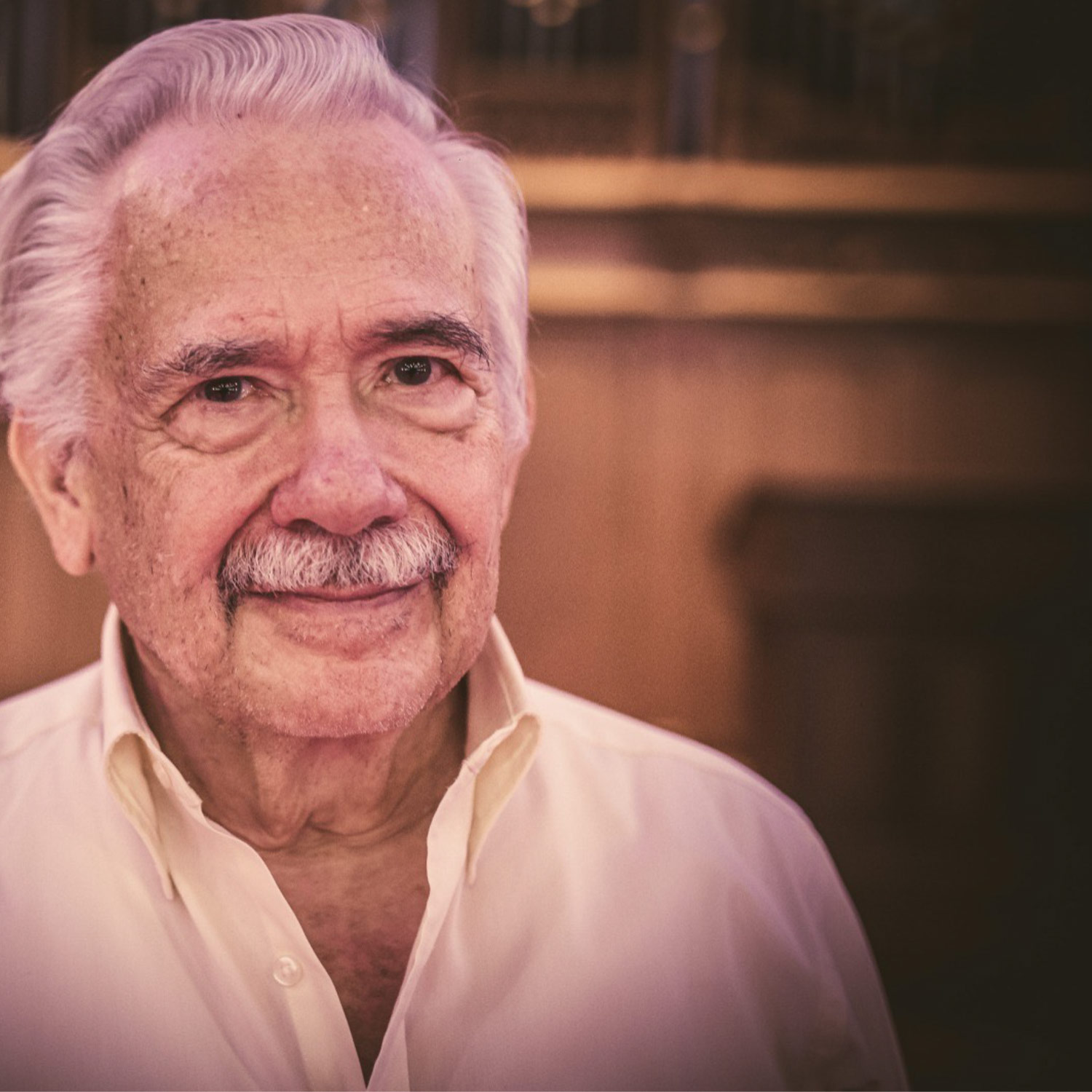
William A. (Bill) Richards, STM, Ph.D, author of Sacred Knowledge: Psychedelics & Religious Experiences, is a psychologist in the Johns Hopkins Center for Psychedelic and Consciousness Research, a senior advisor at Sunstone Therapies, and a teacher in the psychedelic therapy program of the California Institute of Integral Studies . He has been involved in psychedelic research since 1963. His mentors include Hanscarl Leuner, Huston Smith and Abraham Maslow. From 1967 to 1977, he implemented projects at the Maryland Psychiatric Research Center; in 1999 he and Roland Griffiths initiated the rebirth of research at Hopkins. With Anthony Bossis, he has investigated the value of psilocybin for clergy from different religions. At Sunstone Therapies, he focuses on integrating psychedelic therapy into palliative care.
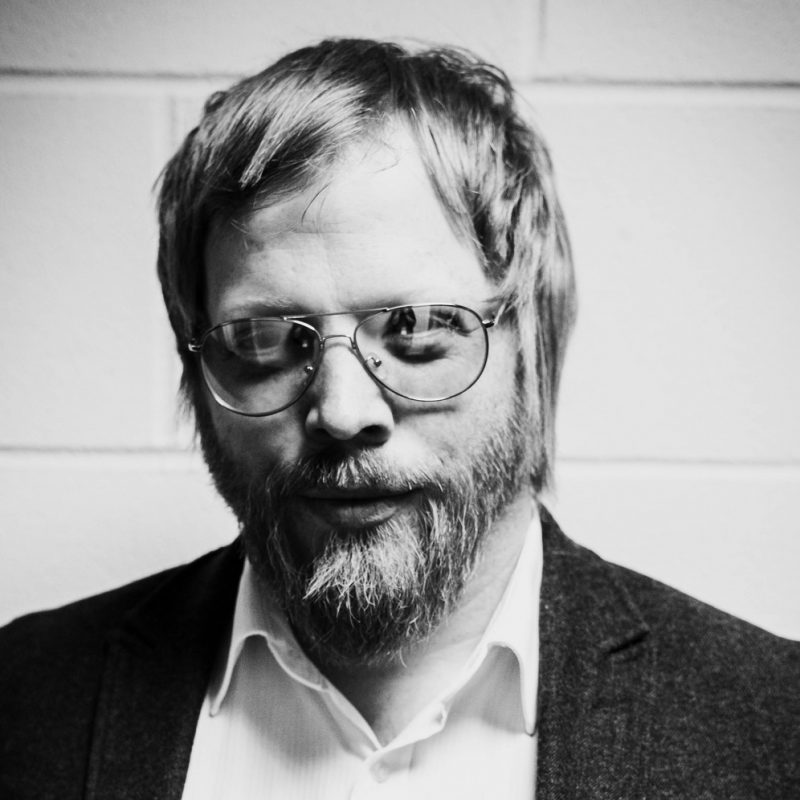
Dr Peter Sjöstedt-Hughes is a Philosopher of Mind and Metaphysics who specializes in the thought of Whitehead, Spinoza, Nietzsche, and Bergson—and in fields pertaining to panpsychism, pantheism, mental causation, and altered states of consciousness. He is a lecturer at The University of Exeter where he is an academic lead on the new MSc in Psychedelics: Mind, Medicine, and Culture.
Peter is co-director of Europe’s largest psychedelics conference, Breaking Convention, and is on the board of breathwork charity Dreamshadow. He is a member of the drugs advisory committee group, DrugScience and is on the team of the established UK independent publisher, Psychedelic Press.
Peter is the author of Noumenautics (2015), Modes of Sentience (2021), co-editor and contributor of Bloomsbury’s Philosophy and Psychedelics (2022), the TEDx Talker on ‘psychedelics and consciousness’. Peter speaks regularly at international conferences, and he is inspiration to the recreation of inhuman philosopher Marvel Superhero, Karnak.
Peter is British-Scandinavian, born in the lowlands of Sweden, once Denmark. Though he works in Exeter, he lives is the westernmost wild reaches of Cornwall, surrounded by the sea and steeped in the monolithic past of the place.
www.philosopher.eu
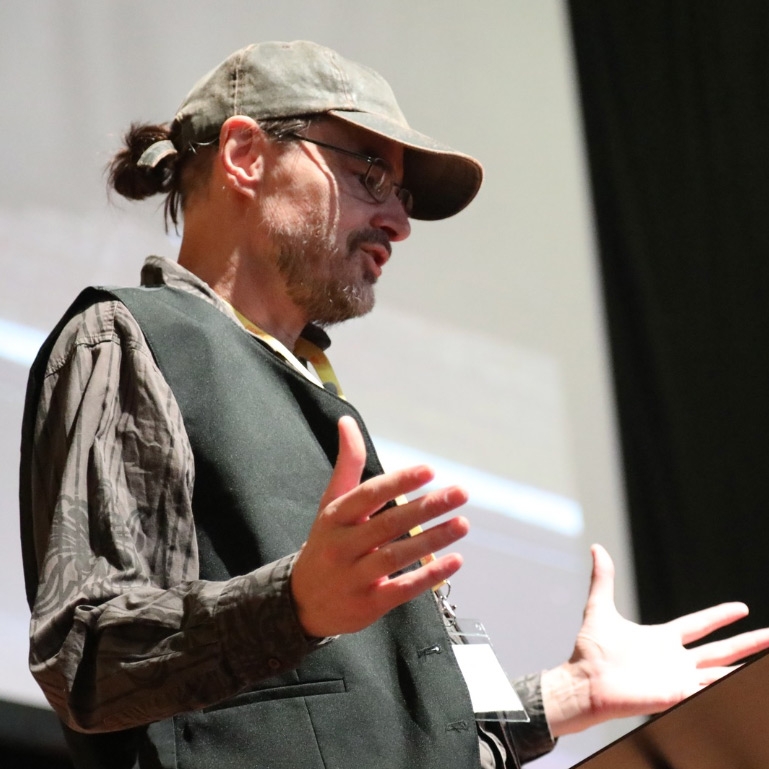
Graham St John, PhD. As a cultural anthropologist and historian with interests in transformational events, movements and figures, Graham has authored ten books, including Strange Attractor: The Hallucinatory Life of Terence McKenna (MIT Press, 2025), Mystery School in Hyperspace: A Cultural History of DMT (North Atlantic Books 2015), Global Tribe: Technology, Spirituality and Psytrance (Equinox, 2012), and Technomad: Global Raving Countercultures (Equinox, 2009). He has edited several anthologies, including Weekend Societies: Electronic Dance Music Festivals and Event-Cultures (Bloomsbury 2017), Victor Turner and Contemporary Cultural Performance (Berghahn 2008) and Rave Culture and Religion (Routledge 2004). He has held fellowships in Australia, the US, Canada, Switzerland, and the UK, where he was recently Marie Skłodowska-Curie Actions fellow in the Department of Music, Humanities and Media at the University of Huddersfield, where he is currently a Senior Research Fellow. Graham is founding Executive Editor of Dancecult: Journal of Electronic Dance Music Culture.
